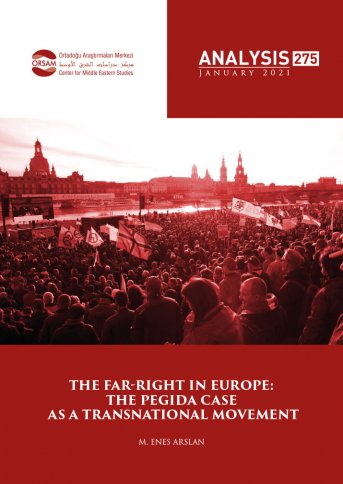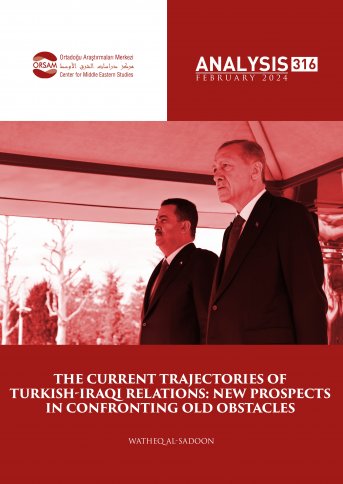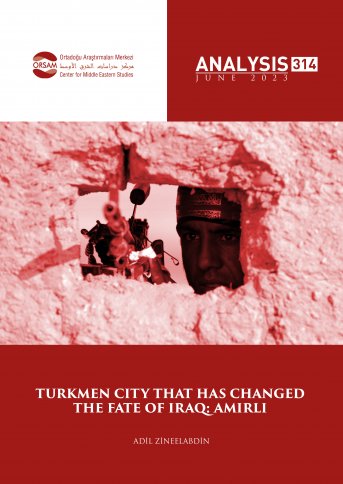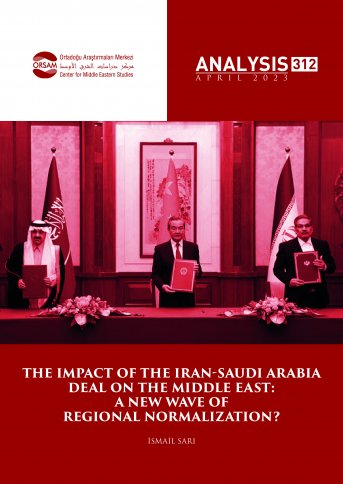
The Far-Right in Europe: The PEGIDA Case as a Transnational Movement
After the Second World War, a new order was established in Western Europe with the support of the USA, the leader of the Western side of the Cold War. The idea of European integration, which became concrete with the European Coal and Steel Community (ECSC) in 1949, quickly gained strength. Established with the participation of Germany, France, Italy, Belgium, the Netherlands, and Luxembourg, ECSC formed the basis of the structure that has turned into the European Union (EU) today. This initiative was aimed at ending the coal-steel struggle between France and Germany, one of the biggest problems in the region. With idealistic ideas and based on cooperation, this allowed generations born especially after the war in Western Europe to have hope for the future. The organization gradually incorporated other countries in Europe and created a relative European values system. The far-right movements have made themselves and their presence felt in Europe from time to time but are always far from being the main actor. They began to be mentioned frequently after important events such as the terrorist attack on September 11, the 2008 World Economic Crisis and the major migration movements towards Europe, known as the 2015 Refugee Crisis, during the Arab Spring process.
In Europe, it can be said that the far-right is advancing rapidly towards mainstreaming, striving to adopt and spread its discourse. This spread is carried out by people with far-right views in different media such as the political arena, the internet environment, and the streets. The Patriotic Europeans Against the Islamization of the Occident (PEGIDA) movement, which manifests itself in a non-political medium and has gained a transnational feature, is the subject of research as the most socially noticeable formation in Europe. It is very important to understand PEGIDA, which shows a significant difference from other movements, especially with its transnational feature, to reveal the social dimensions of the far-right movements in Europe.
This study will focus on the PEGIDA movement, which developed in Germany after addressing the development of the far-right in Europe, and will present the development of the far-right in Germany, the data of the Alternative for Germany party (AfD), the establishment of PEGIDA, and the transnational development of the movement after explaining the process of protests.








